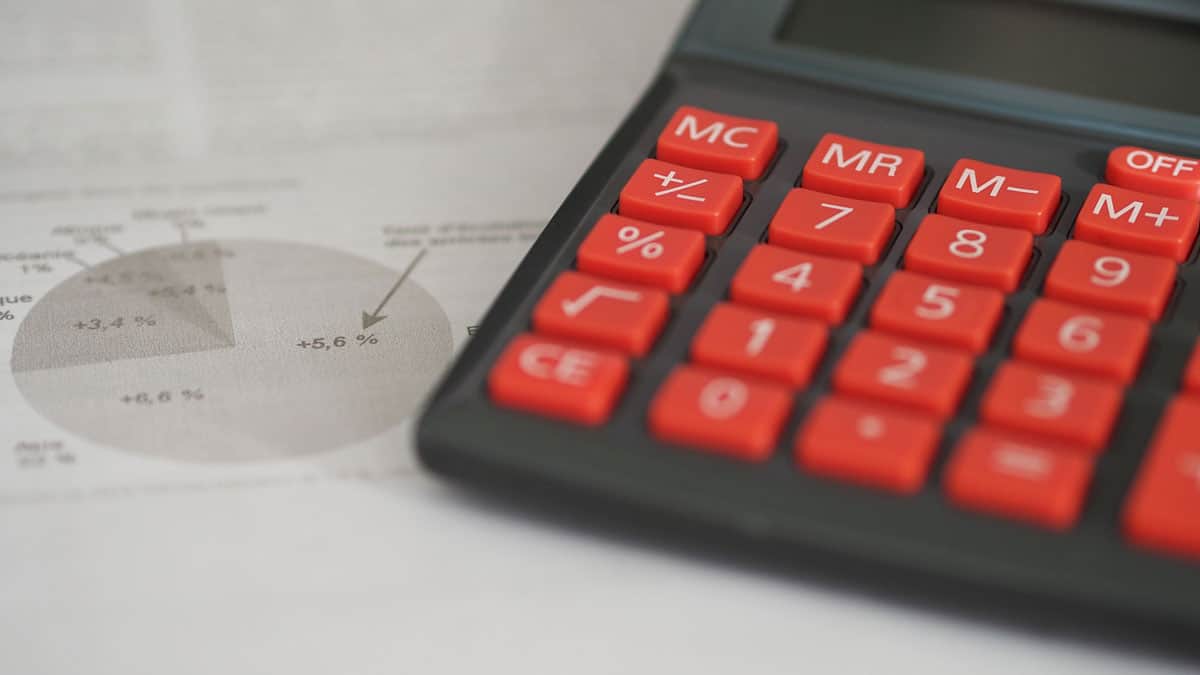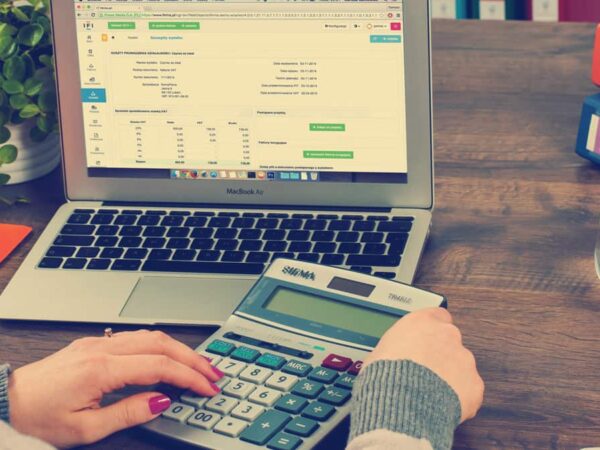How Much is Your Business Worth?
Learn how to measure the value of your business and why it’s critical to know how much the business is worth.

You’ve worked hard to build and grow your business, and it’s certainly worth a lot to you. But you may never have considered what it’s worth to other people. Unless you’re trying to sell it, does that matter?
Why Should You Value Your Small Business?
The value of your business definitely matters! There are several important reasons why small business owners should attempt to value their businesses. Perhaps the most significant reason is for state and federal tax purposes. Business valuations, assets, and debts can have significant implications on annual tax rates, including the business owners’ personal tax liability.
You’ll need to know the value of your business if you want to bring in an investor; you’ll have to be able to figure out how much of the company they’ll get for their money. And if you plan to sell your business, either now or in the future, then capital gain taxes can have a huge implication on the price of the sale as well as the owners’ personal tax liability.
If you’re taking out a large loan, your lender will want to know the value of your business. You may also need to know the value for insurance purposes.
Business valuation is also important for purposes of estate planning and estate succession. For many small business owners, much of their net worth is tied up in the value of their small businesses. And passing that on can trigger an estate tax, depending on the value of the business – so you need to know the value of your business (and how you expect it to grow) far in advance so that you can create a sensible plan in light of the tax implications. A qualified trust and estates attorney will assist you in making these nuanced decisions.
So yes, there are a lot of good reasons to know the value of your business. How do we go about doing that? The truth is that small business valuation is as much an art as it is a science. There are lots of ways to come to a number, but there’s no definitive “right” answer. Some experts say that your business is worth what you think it’s worth and what you can sell if for, although a potential buyer will likely want a more concrete explanation for how you got to that value.
Let’s take a look at some of the most popular ways to value your small business!
Small Business Valuation Method #1: The Book Value
Most valuation experts agree that the easiest and most straightforward method to determine the value of a small business is to look at the book value. The book value requires the small business owner to look at the balance sheet. Simply put, the book value is the value of all total assets minus all total debt.
In order for you to use the book value method to determine your own business net worth, the first step is to determine the full worth of what your business owns. What does your business currently list as assets? Conduct a detailed and formal inventory of what your business currently owns; this includes all equipment, inventory, computer equipment, furniture, real property, etc. Calculate what these items amount to in total. Then subtract all liabilities and debts to arrive at the book value.
Performing this exercise is helpful not only to arrive at the current business valuation amount, but also for tax and insurance purposes. It’s important to know the full extent of your business assets should you ever need to replace them due to fire, flood, or other disaster. Knowing the current book value of your business can help ensure that you’ve purchased the appropriate amount of insurance coverage to mitigate any potential losses. It also helps you detail whether there are any tax deductions to explore further when working with your accountant.
Many experts recommend that you look at your company balance sheet to get a broad idea of company assets. That means you’ll need to have reliable accounting systems in place, whether you manage it yourself with the help of software, hire a bookkeeper, or use an outside accountant. That’s a good business practice anyway – it never hurts to know exactly what’s going in and out and thorough bookkeeping makes billing clients and paying vendors a lot easier.
Small Business Valuation Method #2: Business Revenue Multiplier
While the book value of a business is the easiest to measure, it’s not necessarily the most accurate. That only gives you what the business would be worth if you stopped operations and sold off all of the assets – liquidation. But your business is a going concern, and its revenue stream is valuable.
So, one way to value your business is to use a multiplier of your business revenue. That means you multiply your annual revenue by a certain number to get to a value. For example, say you’re bringing in $300,000 of revenue every year and use 3 as a multiplier – you’d get a valuation of $900,000.
The multiplier will depend on a number of factors, including the industry you’re in and the size of your business. Business brokers are helpful to help you assess exactly how much your revenue plays into the worth of your business. Since this method may be complicated, it’s helpful to have a business valuation expert assist.
Small Business Valuation Method #3: The Market Value Approach
The market value business valuation approach is exactly as it sounds. This method involves comparing your business to comparable businesses in the same industry which have recently been sold. This method is only effective if there are comparable businesses, in the same industry, of the same size, who have recently sold. Ideally, you’re looking for businesses that are as similar to yours as possible – a similar amount of debt, revenue, and every other aspect of the operation. And you’ll need to find more than one – that way you can get a more accurate sense of the value.
In other words, this method won’t be an option for every business. It can be tough to find businesses that are similar enough. It can also be tough to find information about how much buyers paid for those businesses, especially if the sale was private.
Small Business Valuation Method #4: Present Value of Revenue Stream
This is the most complicated method, but it may also be the most accurate. This method relies on a concept called the “time value of money.” Essentially, a dollar today is worth more than a dollar tomorrow. If you have a dollar today, you can invest it and make interest on it, so tomorrow you’d have more than a dollar!
So, one way to come to the value of your business is to plot out the income from your business for a certain number of years and then calculate the present value using a “discount rate”. The discount rate is similar to an interest rate and is used to indicate the expected growth of your company, among other factors. There are other potential numbers (usually tax-related) that may factor in, but that’s the bulk of it. The math can be tricky, so this method is usually best left to an accountant or business valuation expert. This method also depends on how confident you are in your future revenue and expenses, so it’s generally more effective for a business that has been around for a few years.
What Does A Valuation Really Mean?
So we know why we need a valuation and we know some of the methods to get to one, but what does that number actually mean? The closest thing to a concrete value is the book value, but that’s only accurate for liquidation. The others have significant variables involved and that means the answers aren’t going to be perfectly accurate.
At the end of the day, the relevant valuation of your business is going to be a consensus between you and the other parties involved – your lender, purchaser, or investor, for example. They’ll have their own ideas about the future of your business and the value of your assets, so you’ll work together to come to an agreement about a reasonable number. You may even use more than one of the above methods and find a spot somewhere in the middle.
While there’s no “right” answer for the value of your business, using one or more of these methods will give you a ballpark answer, and the rest will come down to negotiations. So make sure your accounting systems are solid and reliable, keep your business plan updated, and don’t undervalue yourself!



